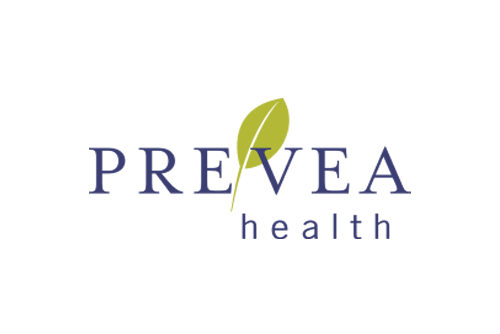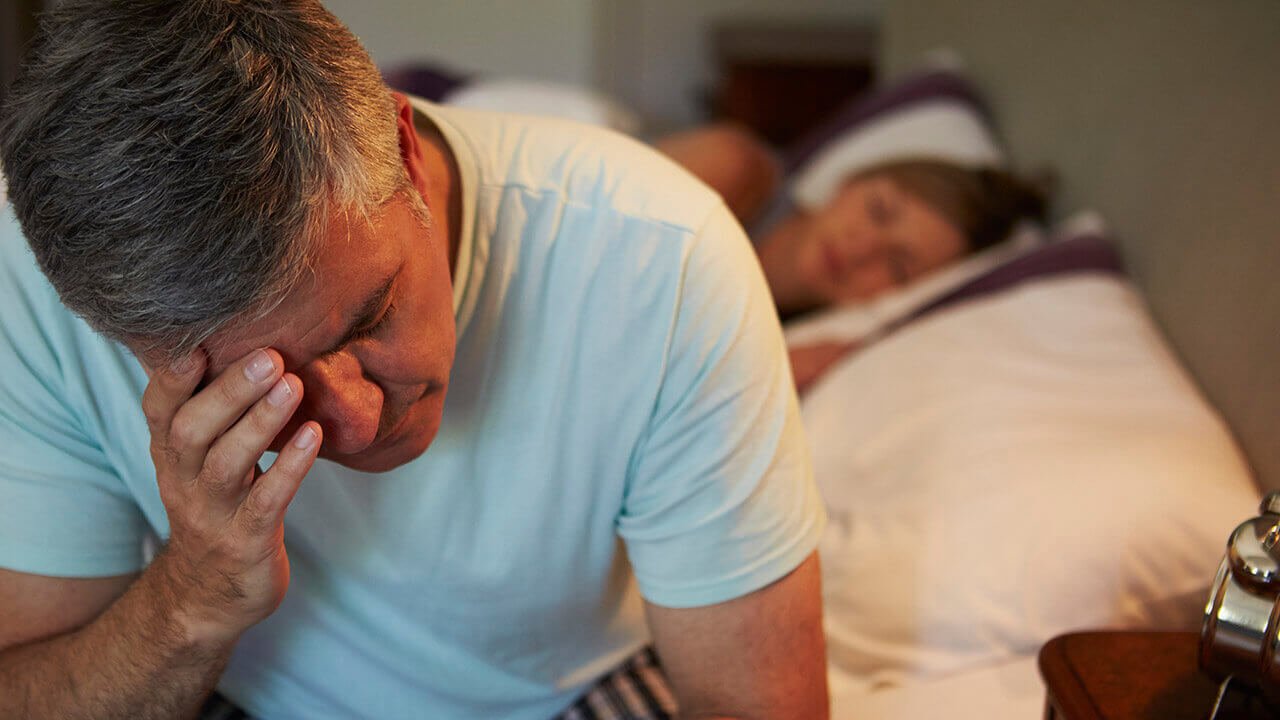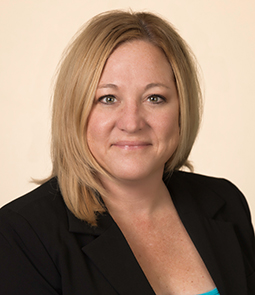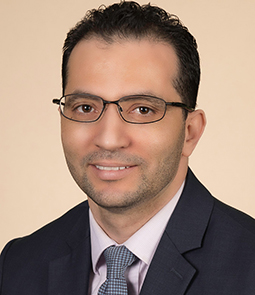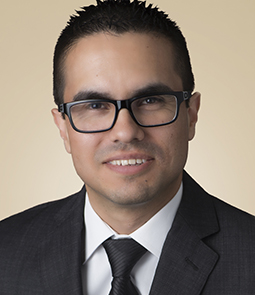There are different causes for sleep disorders, including:
- Medical conditions such as heart disease, lung disease, nerve disorders and pain
- Mental illness, including depression and anxiety
- Medications
- Genetics
There are also some factors that can contribute to sleep problems, including:
- Caffeine and alcohol
- An irregular schedule, such as working the night shift or swing shifts
- Aging. As we age, we often get less sleep or spend less time in a deep, restful stage of sleep. We also become more easily awakened.
The symptoms of sleep disorders depend on the specific disorder.
Sleep disorders are diagnosed with a sleep study. The most common types of sleep studies monitor and record data about your body during a full night of sleep. Other types of sleep studies may check how quickly you fall asleep during daytime naps or whether you are able to stay awake during the day.
While the treatments for sleep disorders depend on which disorder you have,
healthy sleep habits and other lifestyle changes, such as
healthy diet and exercise are important to your overall health and well-being.

